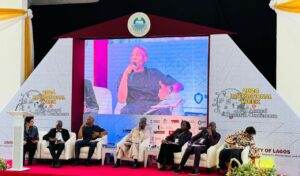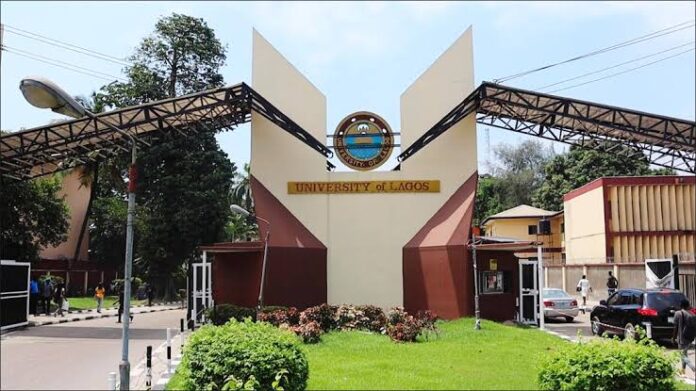The Vice Chancellor of the University of Lagos (UNILAG), Professor Folasade Tolulope Ogunsola, has stated that the “japa” syndrome has led to a continuous increase in the demand for transcripts from past students of the institution.
Prof Ogunsola made this remark to newsmen at the 2024 International Week and 17th Annual Research Conference held at UNILAG, themed “Inclusive Digital Transformation and the University Promise.”
She noted that students who graduated from the institution three to four decades ago are now returning for their transcripts.
She said, “Africa came to digital technology later than many other continents, but the University of Lagos has been intentional about this for the last 57 years. Going digital is not just about desire; it’s also about having the finances and the policy framework within the country to support progress. Initially, we focused on developing manpower before moving on to providing the necessary infrastructure.
“We have three campuses and have been working to provide that infrastructure. We also have a central location for all our digital resources. However, going digital requires energy, and the electricity situation in Nigeria has made it challenging. Fluctuations in power can damage equipment, impacting our infrastructure. Despite these challenges, we have made significant progress, and each year we advance further. Our initial efforts focused on implementing an ERP for student information management systems.

“That system is quite robust at the University of Lagos and addresses some aspects of record-keeping. However, it has not completely replaced the old analog systems. We still face challenges with alumni collecting their records, as the japa phenomenon has exacerbated the situation. Many individuals who might not have previously requested transcripts are now doing so in large numbers. Seeking paper transcripts is a different issue altogether.
READ ALSO: EFCC and RoLAC unite to combat cybercrime as losses to hit $10.5trn in 2025
“People who graduated 30 or 40 years ago are now requesting transcripts, which requires digging through paper records. In contrast, those who graduated in 2010/11 and onwards do not face the same difficulties. Additionally, accommodation requests are now handled online.”
Also addressing the negative and positive impacts of artificial intelligence (AI), Professor Ogunsola noted that it is both an enabler and a problem.
“It’s a problem that will be overcome. It’s AI, generative AI.
“If you think about generative AI, it has the ability to scour the internet and come up with information that you alone cannot find, but it also presents challenges. One major challenge is that it doesn’t always distinguish between the quality of information. There’s a lot of misinformation online, so bringing that information to light doesn’t necessarily mean you are getting the truth. Therefore, developing the skills to evaluate this information is crucial; it depends on how you ask the questions, what you call ‘prompts.’ You get what you ask for, and the better your prompts, the better the results.”

